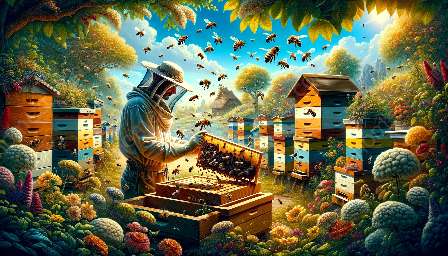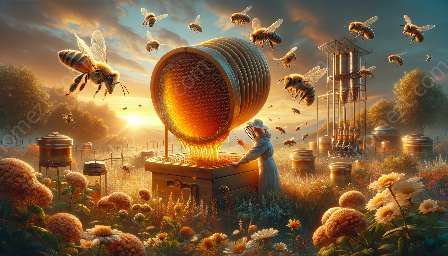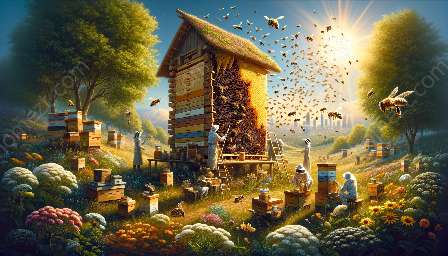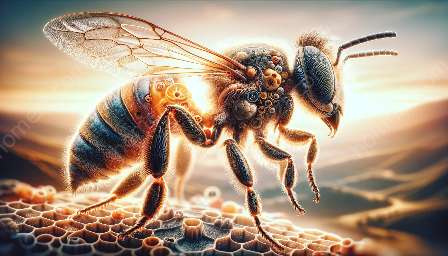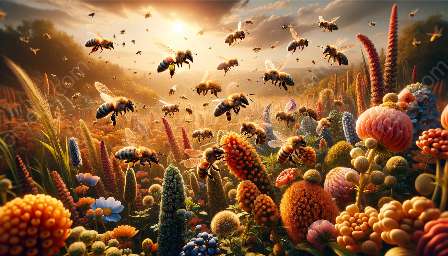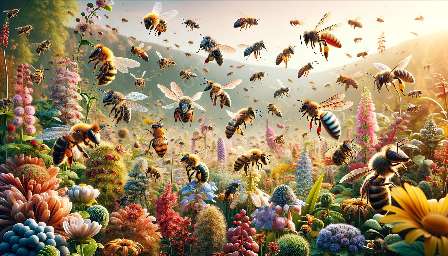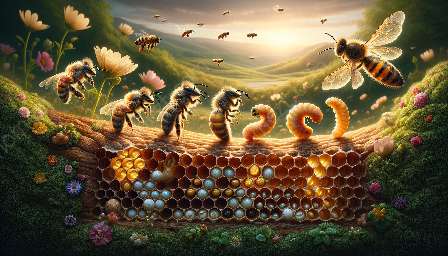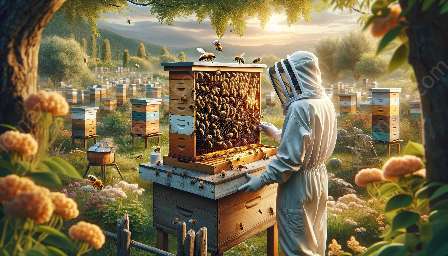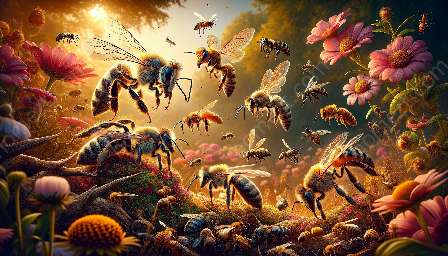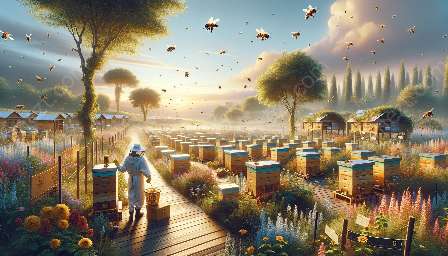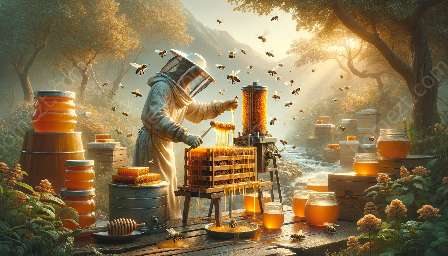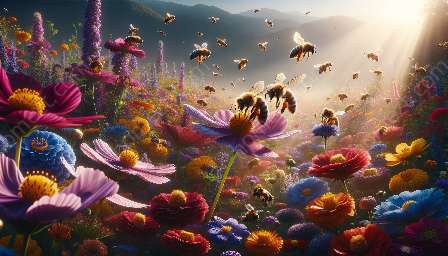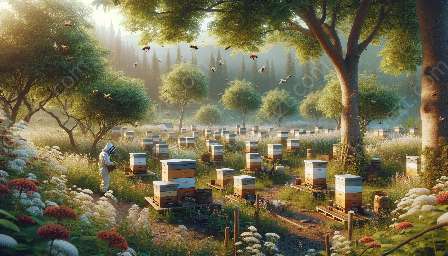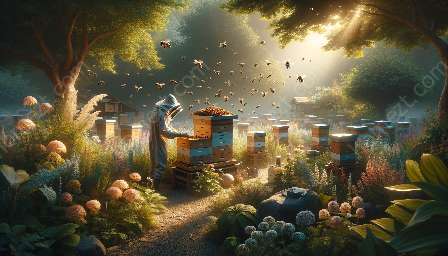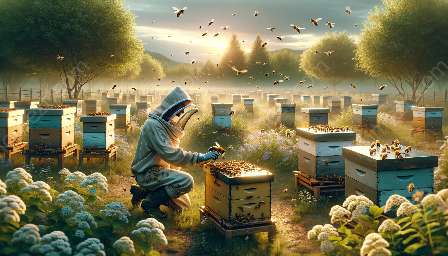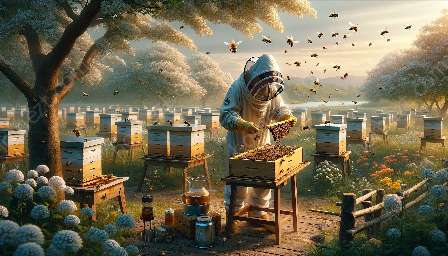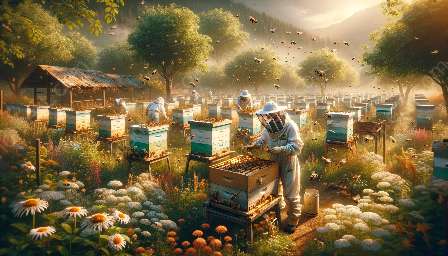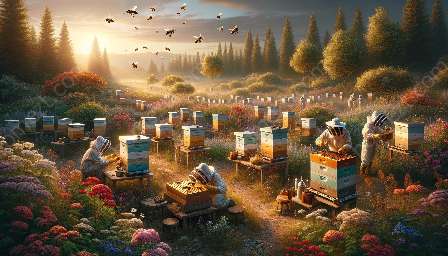Do you want to learn more about honey production and the vital role of bees? Discover the fascinating world of beekeeping, from the intricate process of collecting nectar to creating delicious honey. Explore the importance of bees and effective pest control methods to ensure the sustainability of honey production. Read on to delve into this captivating topic and gain valuable insights into the wonderful world of beekeeping.
The Role of Bees in Honey Production
Bees play a crucial role in the production of honey. As they pollinate flowers to collect nectar, they transfer pollen grains from one flower to another, allowing the plants to reproduce. This process is essential for the growth of various crops and wild flora, making bees vital for biodiversity and agricultural sustainability. Through their diligent work, bees enable the production of high-quality honey, rich in flavor and nutritional value.
The Fascinating Process of Honey Production
The process of honey production begins with bees collecting nectar from flowers. They use their specialized tongues to extract the nectar and store it in their honey stomachs. Upon returning to the hive, the bees pass the nectar to their fellow worker bees through a process of regurgitation. The bees then deposit the nectar into honeycomb cells and begin the process of dehydration by fanning their wings to evaporate excess moisture. Enzymes in the bees' saliva also contribute to the chemical transformation of the nectar into honey. Once the moisture content reaches a desirable level, the bees seal the honeycomb cells with beeswax, preserving the honey for consumption.
Harvesting Honey: A Delicate Art
After the bees have completed the honey-making process, beekeepers carefully harvest the honey from the hives. Modern beekeeping practices emphasize sustainable methods that prioritize the well-being of the bees and the preservation of their natural habitat. By respecting the bees' lifecycle and promoting responsible beekeeping techniques, honey production can continue to thrive and provide us with this delightful natural sweetener.
Effective Pest Control for Sustainable Honey Production
As with any agricultural practice, honey production faces challenges from pests and diseases that can impact bee health and honey quality. Implementing effective pest control methods is crucial for the sustainability of honey production and the continued well-being of bee populations.
Integrated Pest Management in Beekeeping
Integrated Pest Management (IPM) is a holistic approach to pest control in beekeeping that emphasizes preventive measures, monitoring, and the use of environmentally-friendly strategies. By implementing IPM practices, beekeepers can minimize the reliance on chemical treatments and promote natural pest control methods. This helps maintain the health of bee colonies and ensures the production of high-quality honey.
Protecting Bee Health and Honey Quality
Bees face threats from various pests and diseases, including varroa mites, small hive beetles, and pathogens that can weaken bee colonies. Through regular monitoring and proactive measures, beekeepers can detect and address pest issues before they escalate, safeguarding the health and productivity of the honeybee population. By prioritizing the well-being of bees and implementing effective pest control measures, honey production can thrive in a sustainable and environmentally-friendly manner.
Conclusion
From the intricate process of honey production to the crucial role of bees and the significance of pest control, the world of beekeeping is a captivating and essential aspect of agricultural sustainability. By gaining an understanding of honey production and the interdependent relationship between bees and pest control, we can contribute to the preservation of this natural marvel. Embracing sustainable practices in beekeeping not only ensures the availability of delectable honey but also supports the well-being of bees and the ecosystems they enrich.

